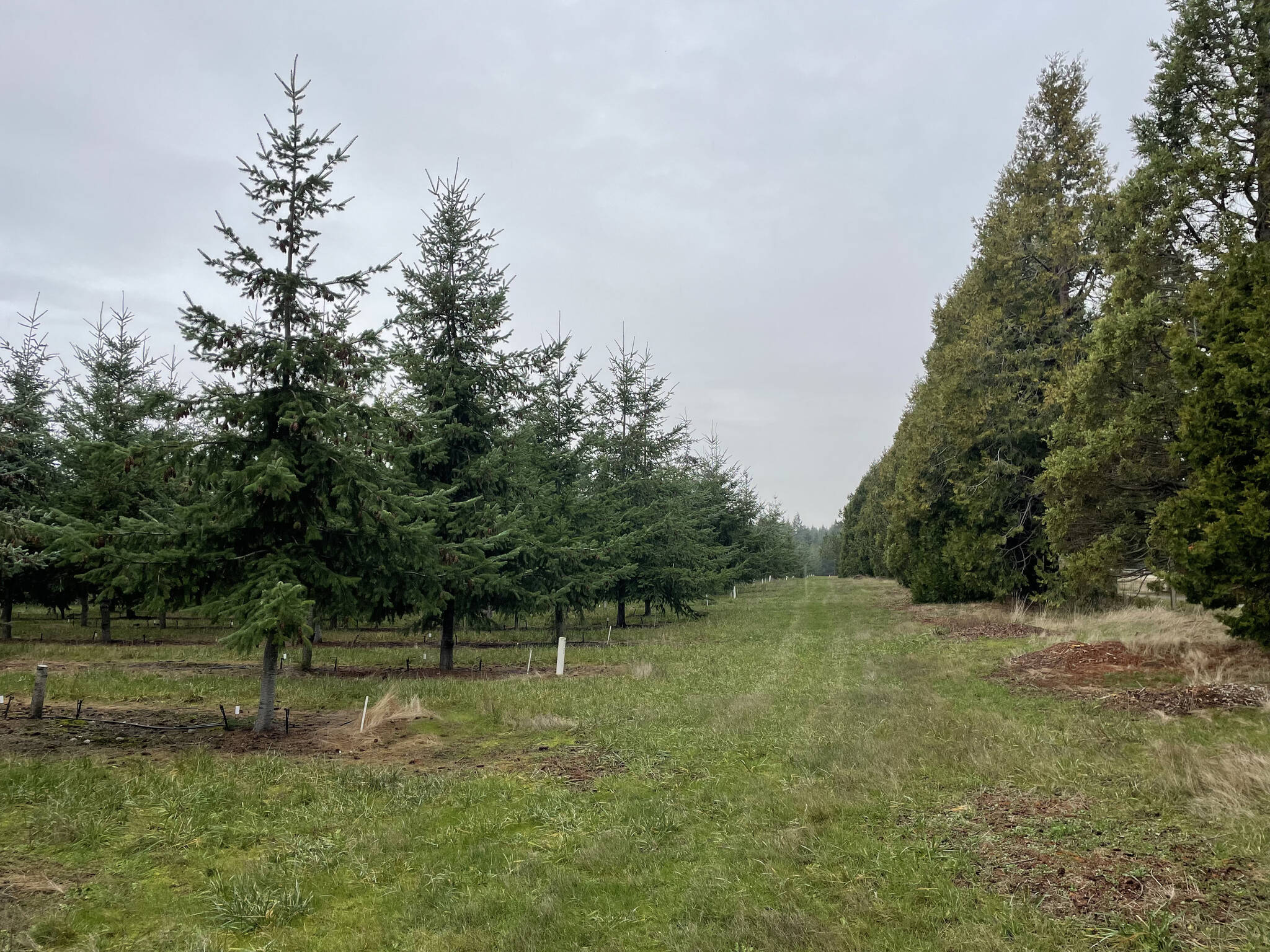Island Transit has acquired more land to expand its mission of transitioning to zero emission vehicles and a more sustainable future.
The public transportation agency serving Whidbey and Camano islands announced the news of the acquistion on Friday. The property includes two parcels measuring approximately 38 acres in total, according to Marketing and Communication Officer Selene Muldowney-Stratton.
The land was purchased for $477,249 from lumber company Weyerhaeuser with the use of Island Transit’s local funds. It is located next to Island Transit’s existing base of operations on Highway 20 in Coupeville.
Muldowney-Stratton said the agency is currently exploring several opportunities for the property, including a large solar panel farm, area for batteries to store electricity produced on site or needed when Puget Sound Energy power fails and space for hydrogen fueling and/or production, among other options.
Since the Island Transit facility occupies 14 acres located within Ebey’s Landing National Historic Reserve, the Whidbey Camano Land Trust must be consulted before any major plans are made.
“In the meantime, we have two processes that are in the beginning stages, and each will provide opportunities to consider how we can use the new property to assist in our planned transition to zero emission vehicles,” Muldowney-Stratton said.
This includes a feasibility study of Island Transit’s current operating base and acreage and what will be needed for infrastructure and upgrades to facilitate this transition, and a design/build request for proposals for hydrogen fueling infrastructure.
The agency has been moving away from using vehicles powered by gas and diesel. According to a press release, Island Transit has incorporated five battery electric vehicles into the rideshare program and 10 Lightning eMotors battery electric vehicles to support on-demand services, in addition to the 18 alternative fuel vehicles already in use.
“We are aware of and sensitive to the environmental impacts growth can have, and will work closely with our local and state partners,” Muldowney-Stratton said. “We value our community and strive to provide an environmentally sustainable transportation future, reflecting our commitment to clean and renewable energy solutions.”



